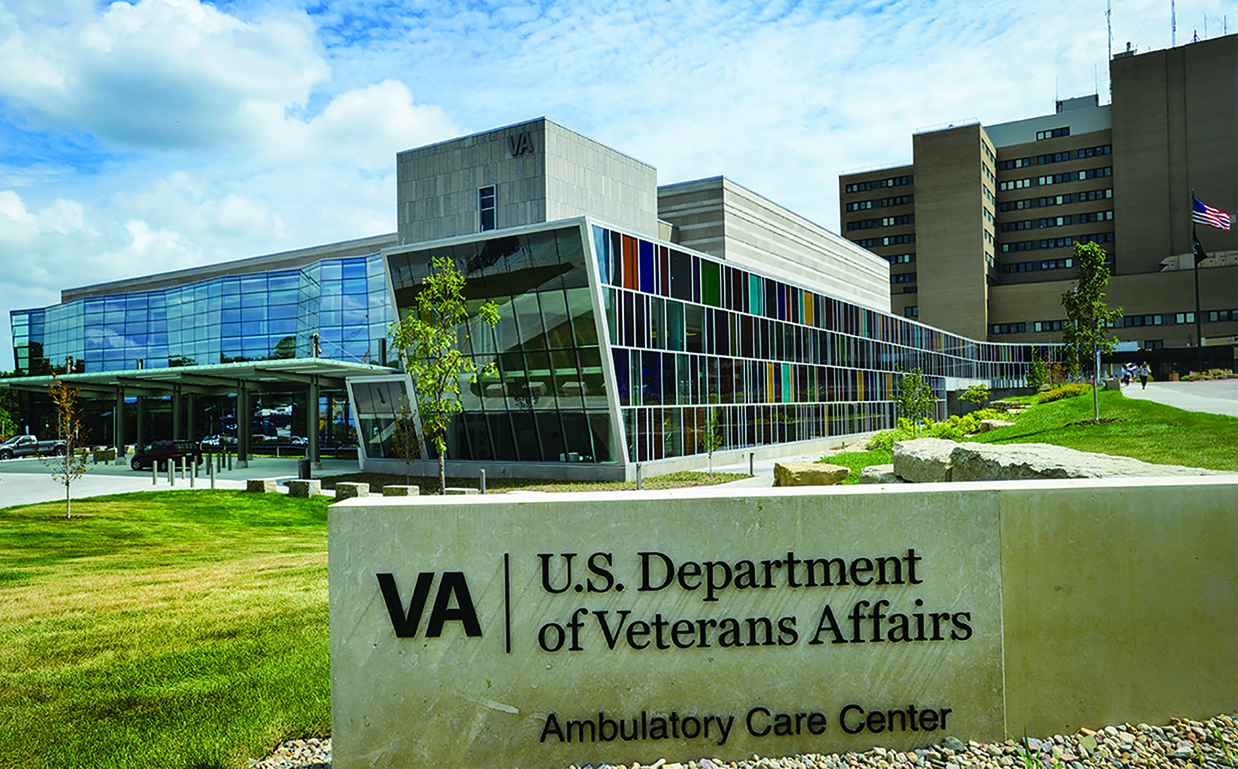My Experience as a Summer Intern: Translating Internship Experience to My Thesis Project

As my second internship with Summer Consultants comes to a close, I’d like to reflect on how my experiences here have prepared me for my thesis in my final year in Penn State Architectural Engineering. My thesis project is part of the Architectural Engineering Institute (AEI) Design Competition which enables students to experience the entire building design process through a redesign of a real project. My thesis team consists of nine other students all with different focuses including mechanical, lighting/electrical, structural, and construction to create a more holistic building design. Our project is the Omaha VA Ambulatory Care Center which was completed in 2021 and has won the 2022 ENR Project of the Year Award and a 2021 AIA Healthcare Design Award.
On the technical side of things, one valuable skill I have gained has been how to use IESVE and apply the mechanical system selection process using ASHRAE 90.1 Appendix G. The Appendix G process is streamlined through IESVE, which is the energy modeling software the company has transitioned to since TRACE 700 has been phased out. In order to complete the Appendix G analysis, the building is first modeled in IESVE and initial heating and cooling loads are calculated. ASHRAE 90.1 Appendix G is then used to select the baseline system based on the building size, type, and location.
Once the baseline system is modeled, separate models are created to compare the baseline to different proposed systems. Each proposed system is selected based on multiple aspects including owner’s requirements (initial cost, efficiency, life cycle cost, etc.) and what the building requires of the system. Finally, system loads are calculated and each proposed system is compared back to the baseline through a generated report. This report is then used to find which systems meet the requirements for ASHRAE 90.1 Appendix G and helps the engineer decide which system to recommend. I’ll most likely be utilizing this system selection process for my thesis, so seeing how it works on an actual project beforehand has been an invaluable experience for me.
Throughout the summer, the interns were given a variety of technical trainings with different engineers around the office to make sure everyone had a good understanding of the building blocks of mechanical design within the building industry. Some of my favorites included psychrometrics, ductwork and piping pressure drop calculations, and fan sizing. These trainings were a great reminder that whenever you get stuck, going back to the basics can almost always help you find your way. When that doesn’t work, asking questions and seeking out advice always does. I’ve found so many mentors throughout my time at Summer Consultants who have helped me with the projects I’ve been a part of, many of whom have also offered to help me with my thesis.
While I’m excited to dive into my thesis, my time at Summer Consultants has also reminded me how important work-life balance is. In the office, I enjoyed working on multiple projects at once with my team. We had weekly scheduling meetings to plan out how we would manage our time the following week and meet deadlines more efficiently. Outside of work, I had fun relaxing at happy hour, playing volleyball, or watching soccer with everyone. Keeping this balance all summer and seeing everyone here do it so well has really motivated me to try my best at carrying it over into the school year. Over the past two summers, I’ve watched myself grow so much both professionally and personally with this company and I can’t wait to see what the future holds.

Comments